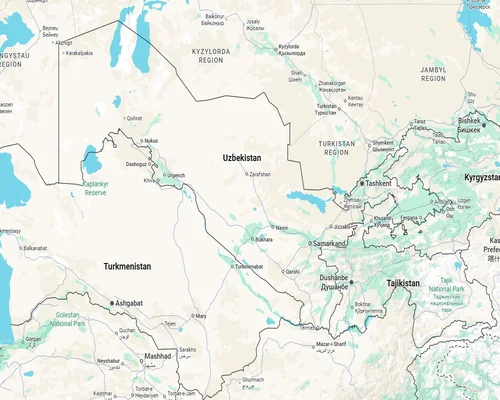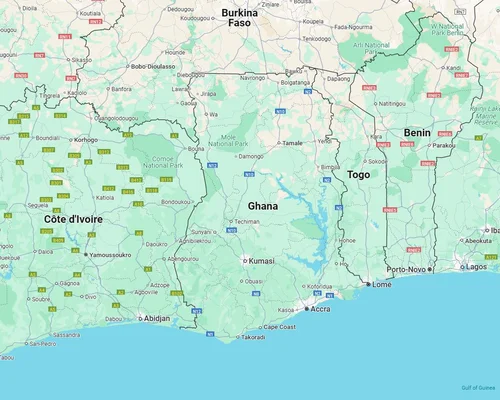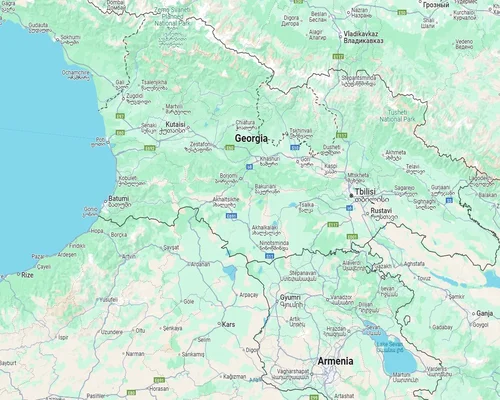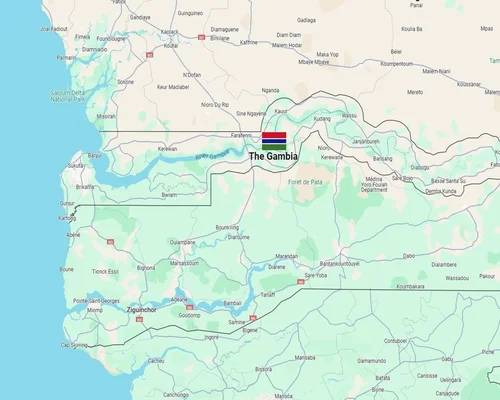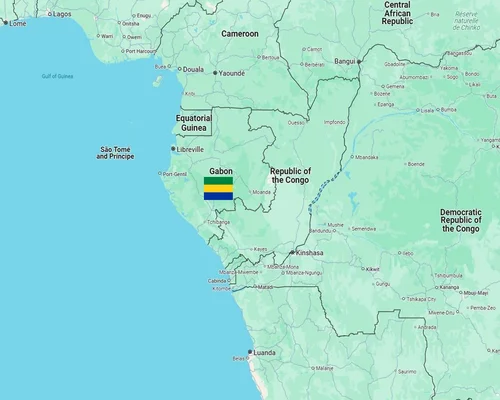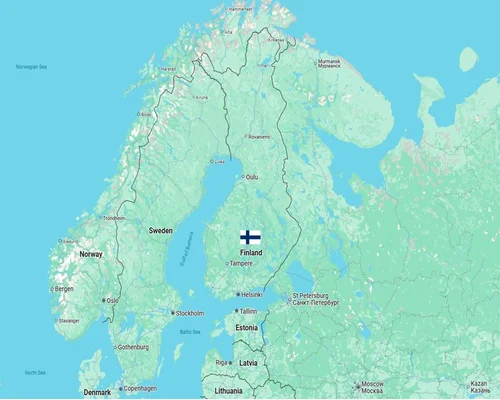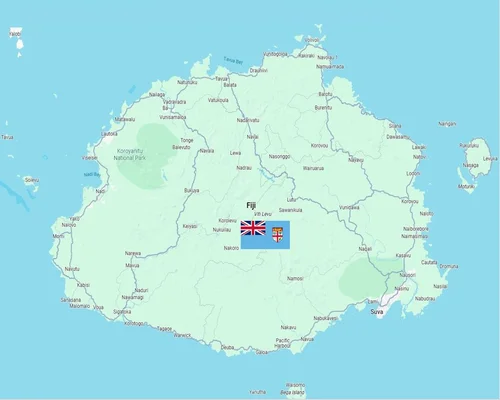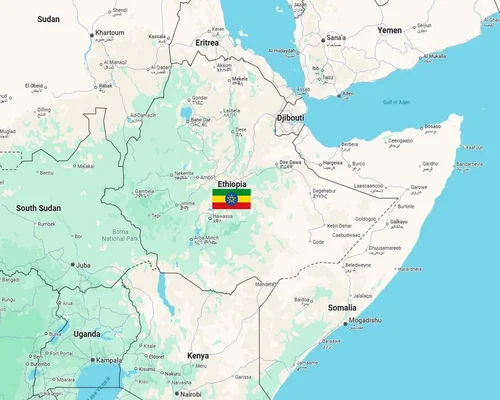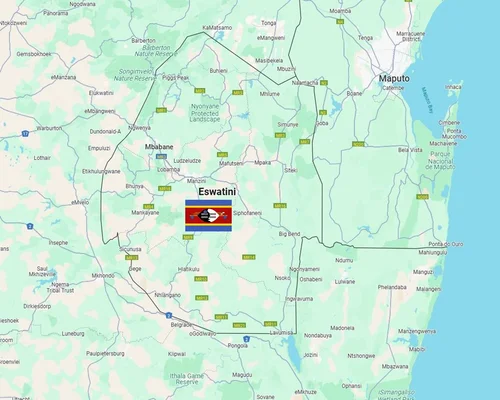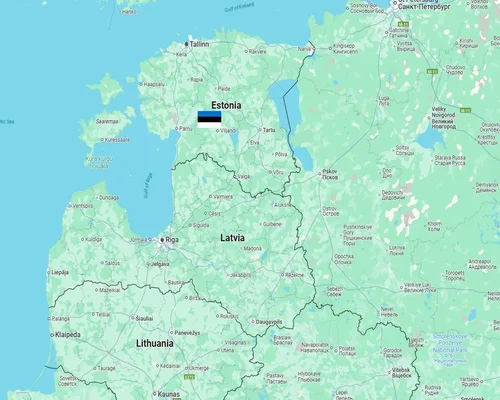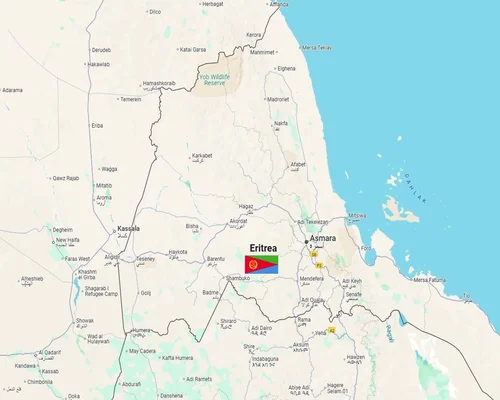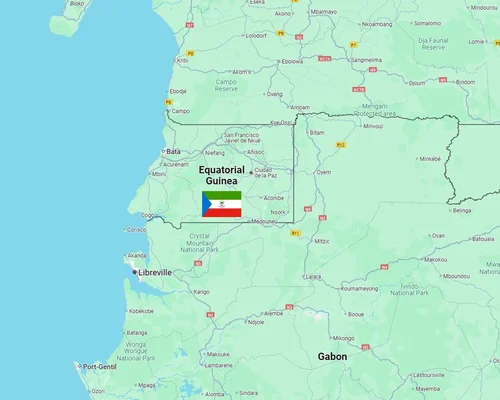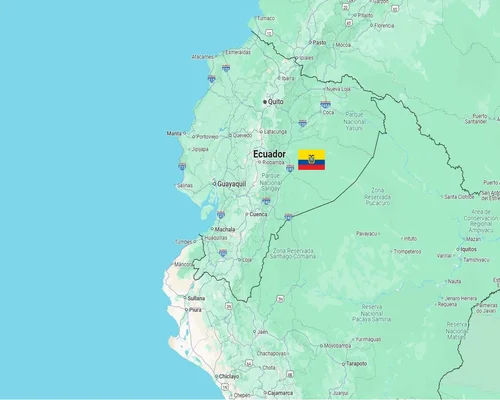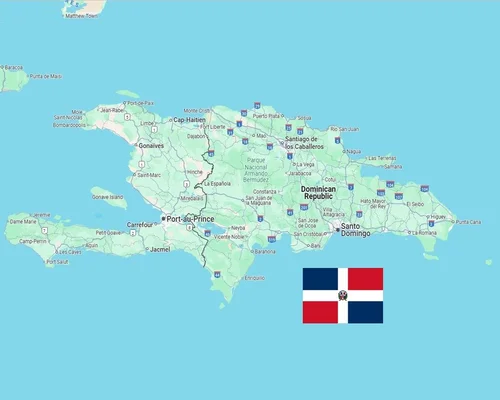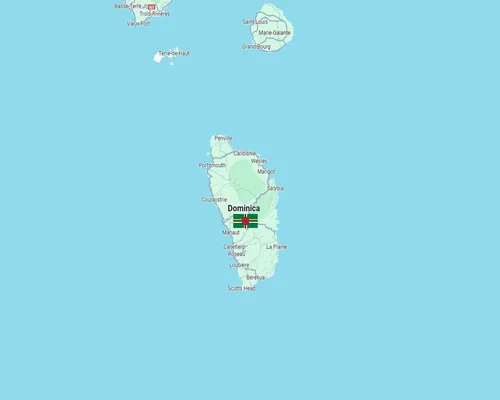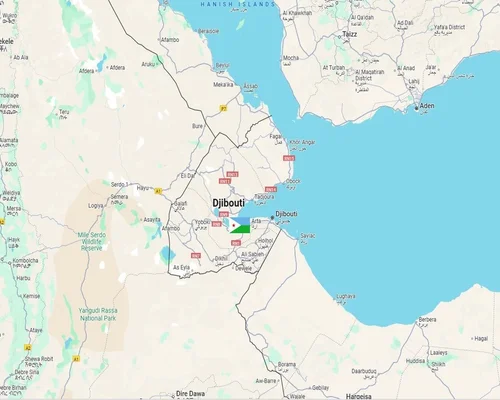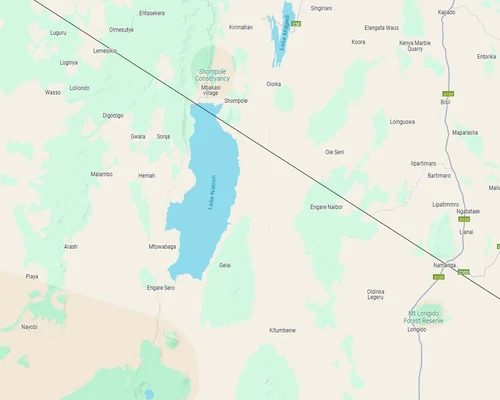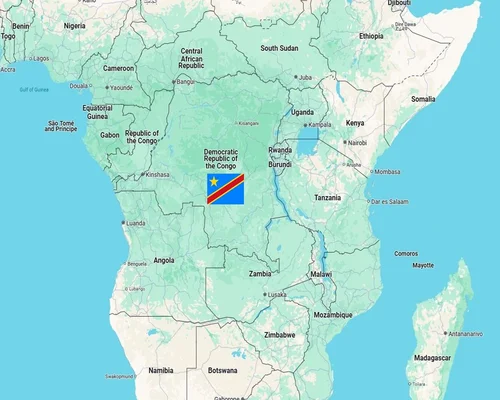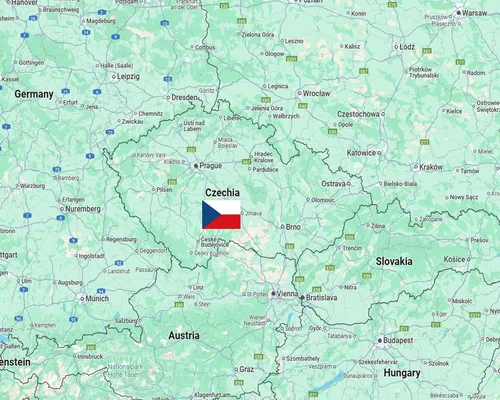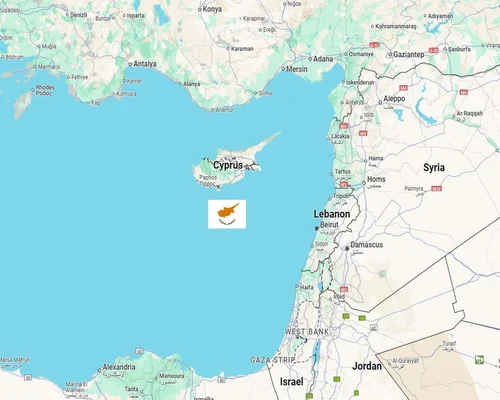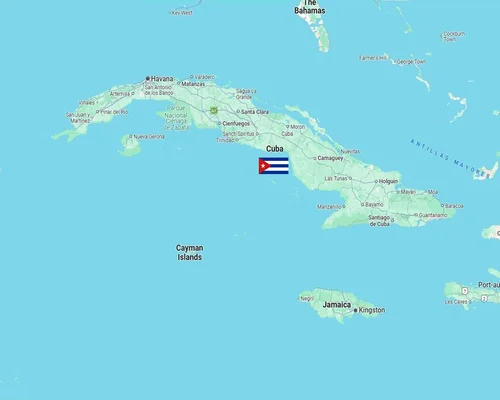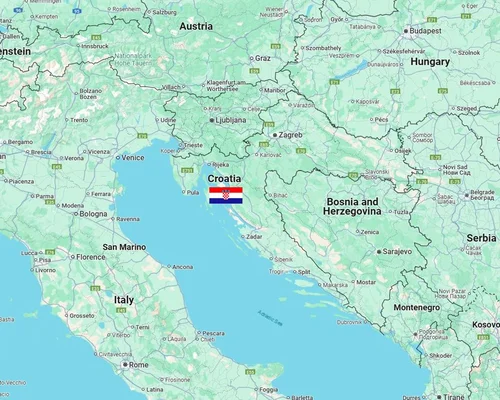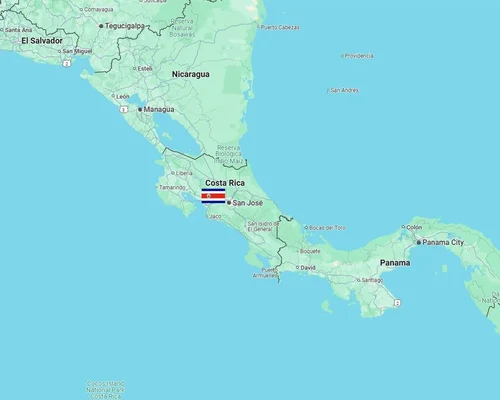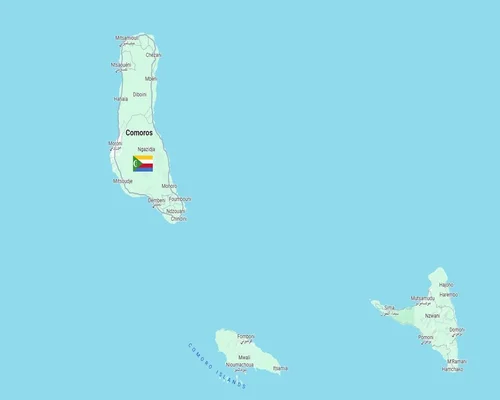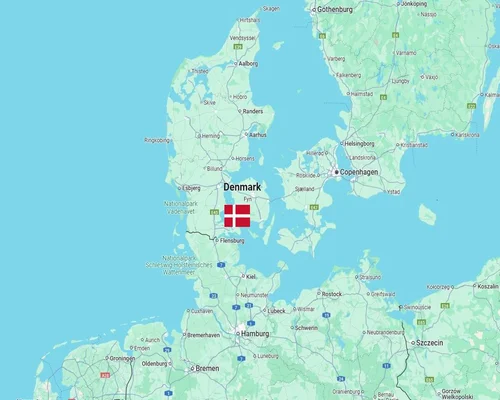
Facts about Denmark
Facts about Denmark
Denmark:
Denmark is a Scandinavian country in Northern Europe, known for its rich history, high standard of living, and modern society. It is considered one of the happiest countries in the world.
General Information:
Capital: Copenhagen
Official Language: Danish
Population: About 6 million (as of 2023)
Currency: Danish Krone (DKK)
Government System: Constitutional monarchy and parliamentary democracy
National Flag: The world oldest flag, the Dannebrog.
Geographical Features:
Area: About 42,924 square kilometers.
Location: In Northern Europe, between the North Sea and the Baltic Sea.
Main Islands: Zealand, Funen, and 443 smaller islands.
Weather: Maritime climate; cool summers and mild winters.
History:
Ancient history: Home to the Vikings, who invaded Europe from the 8th to 11th centuries.
Political development: Constitution adopted in 1849.
Member of the European Union: Since 1973 (but has not adopted the euro).
Economy:
Economic type: Mixed economy, with a strong welfare system.
Main sectors: Agriculture, shipbuilding, pharmaceuticals, IT and renewable energy.
Exports: Dairy products, meat, medicines and design products.
One of the highest living standards in the world: Leading in social security and healthcare.
Culture and heritage:
Literature: Famous fairy tale writer Hans Christian Andersen was born here.
Architecture: A mix of modern design and traditional buildings.
Festivals: Christmas, Easter and Midsummer.
Food: Open sandwiches (Smørrebrød) and seafood are popular.
Tourist attractions:
Copenhagen: The capital city, home to Tivoli Gardens and The Little Mermaid statue.
Legoland: Located in Billund, the birthplace of Lego toys.
Rosenberg Castle: A symbol of the royal family history.
Skagen: A picturesque northern seaside resort.
Odense: Birthplace of Hans Christian Andersen.
Special features:
Green energy: World leader in wind power and a pioneer in sustainable development.
Bicycle culture: Well-developed cycling infrastructure in cities.
One of the happiest countries in the world: For social equality and a well-developed welfare system.
Challenges:
High tax rates, which cover the cost of social services.
Controversy over immigration policy.
Conclusion:
Denmark is known for its high standard of living, environmentally friendly system and historical prosperity. It is one of the most peaceful and happy countries in the world, with an excellent balance between social welfare and sustainable development.

